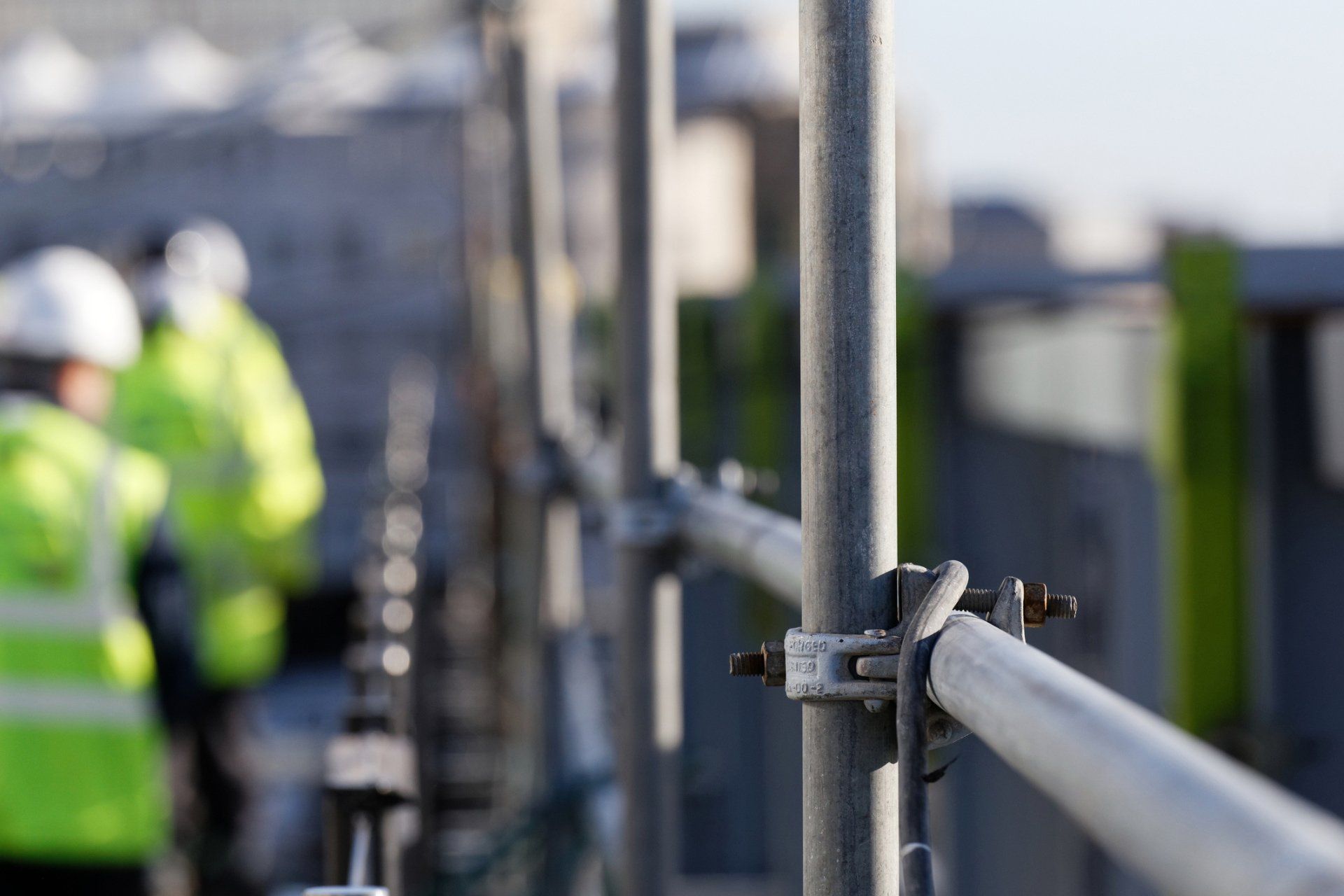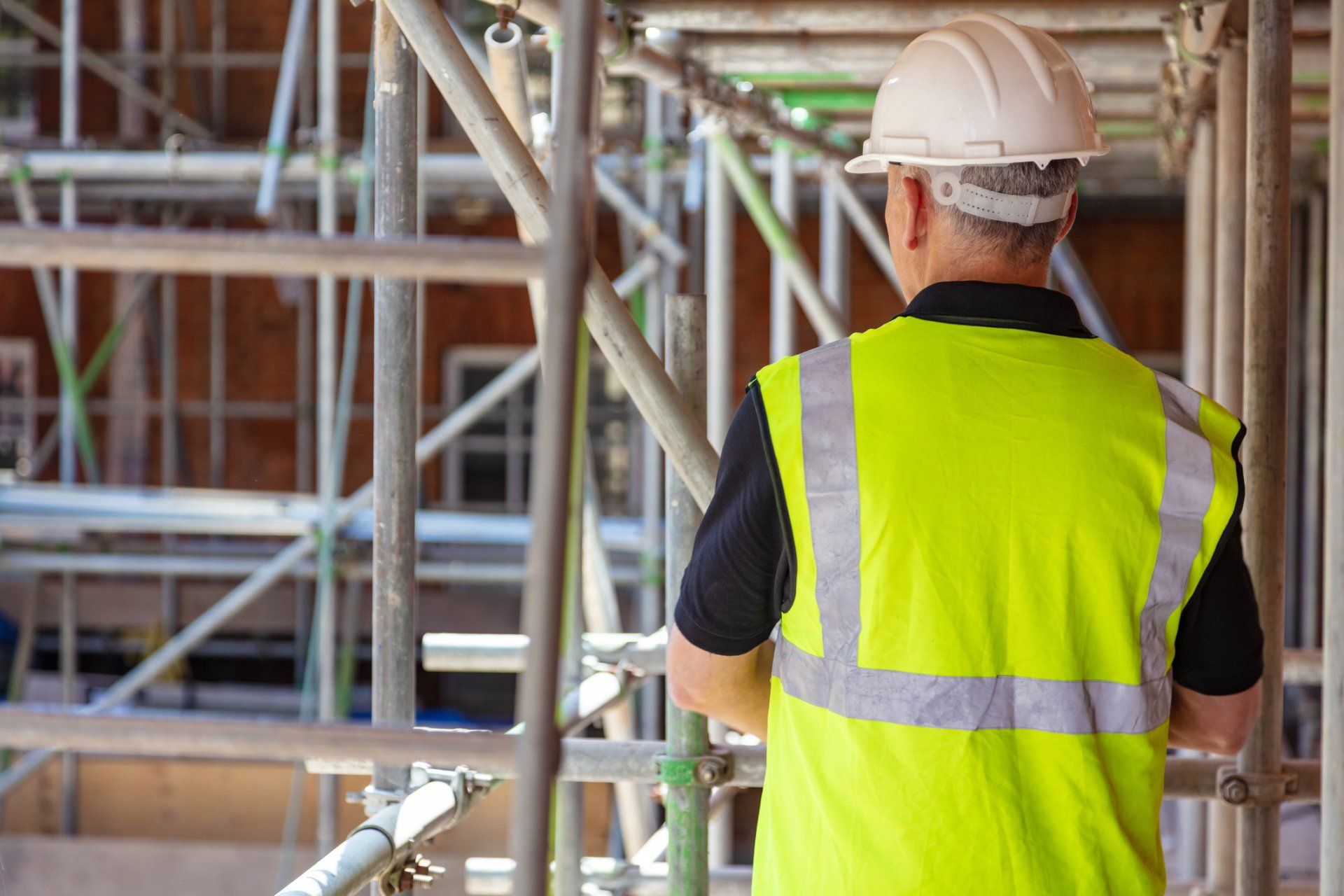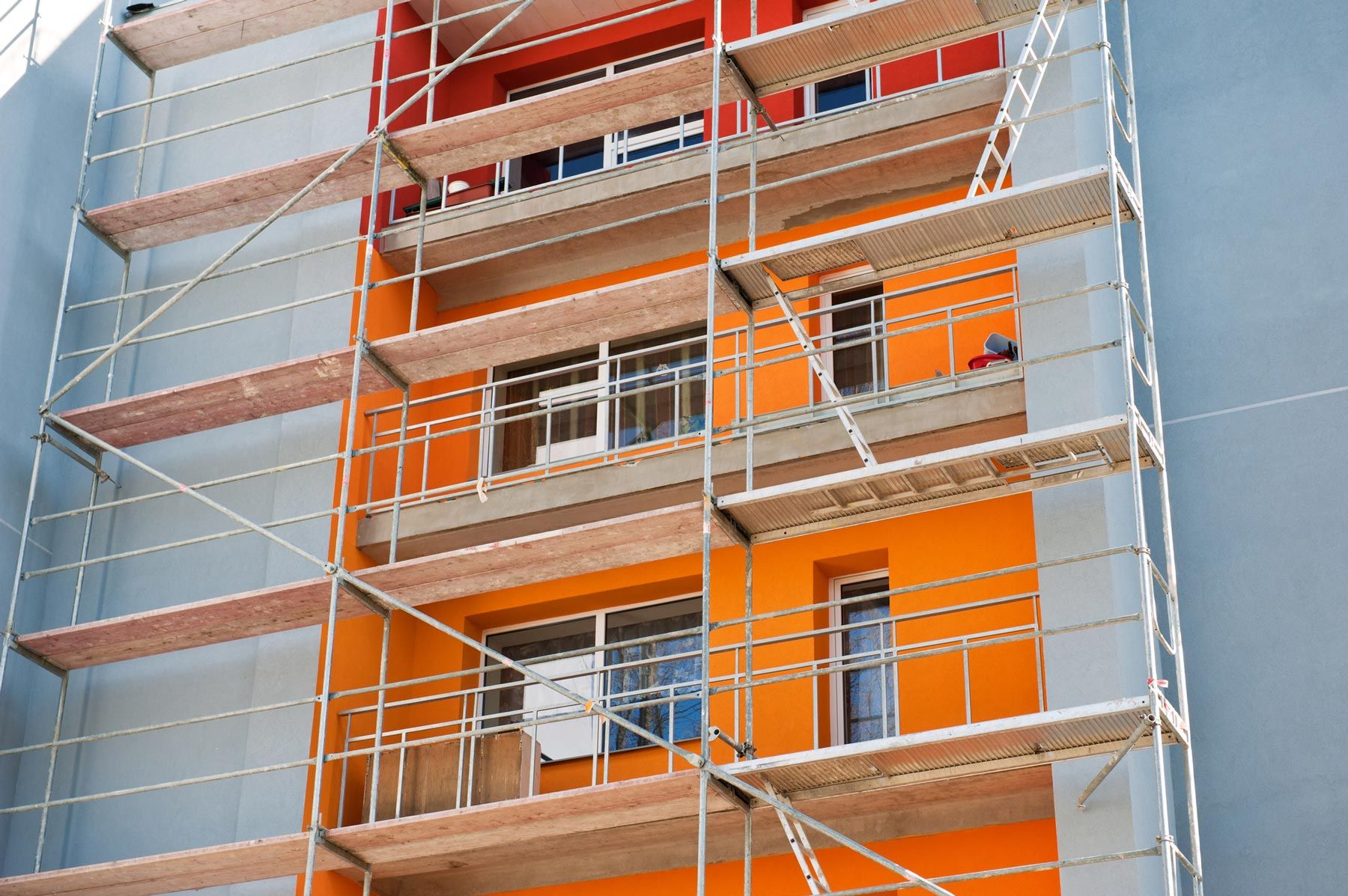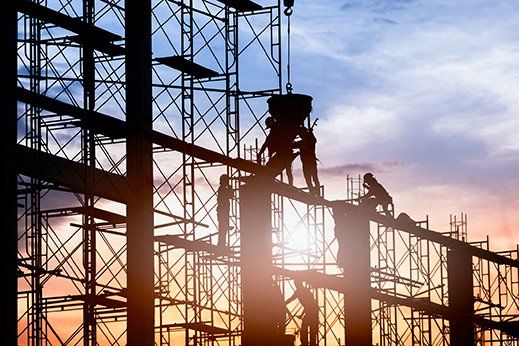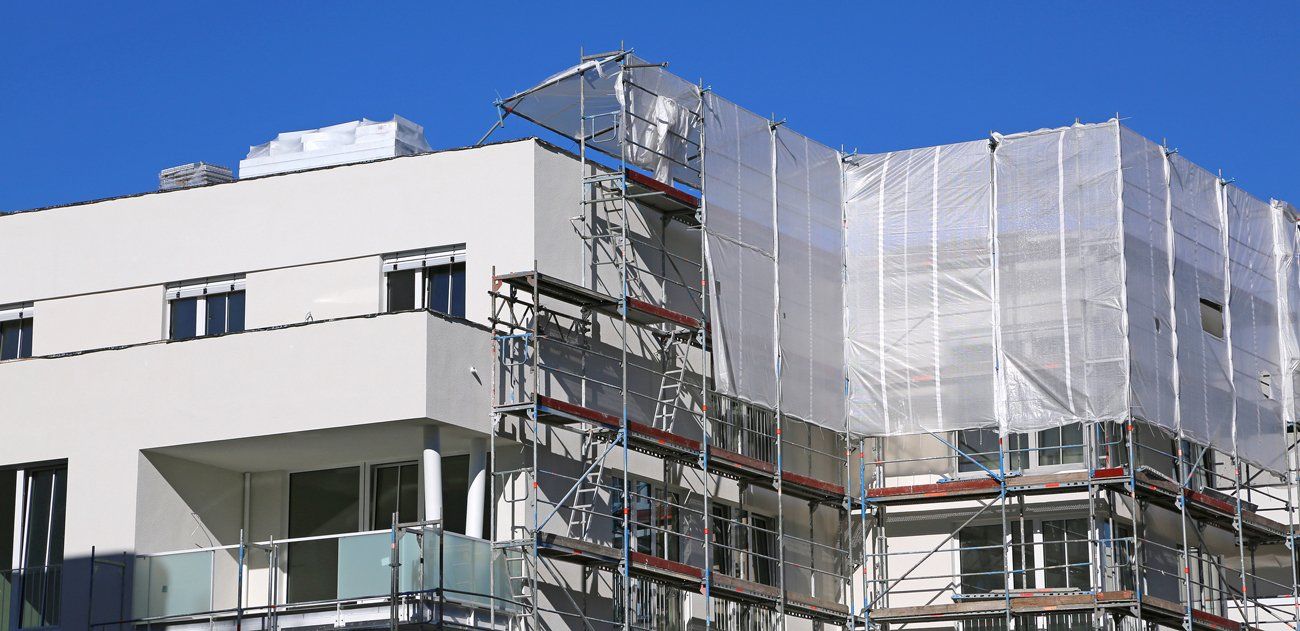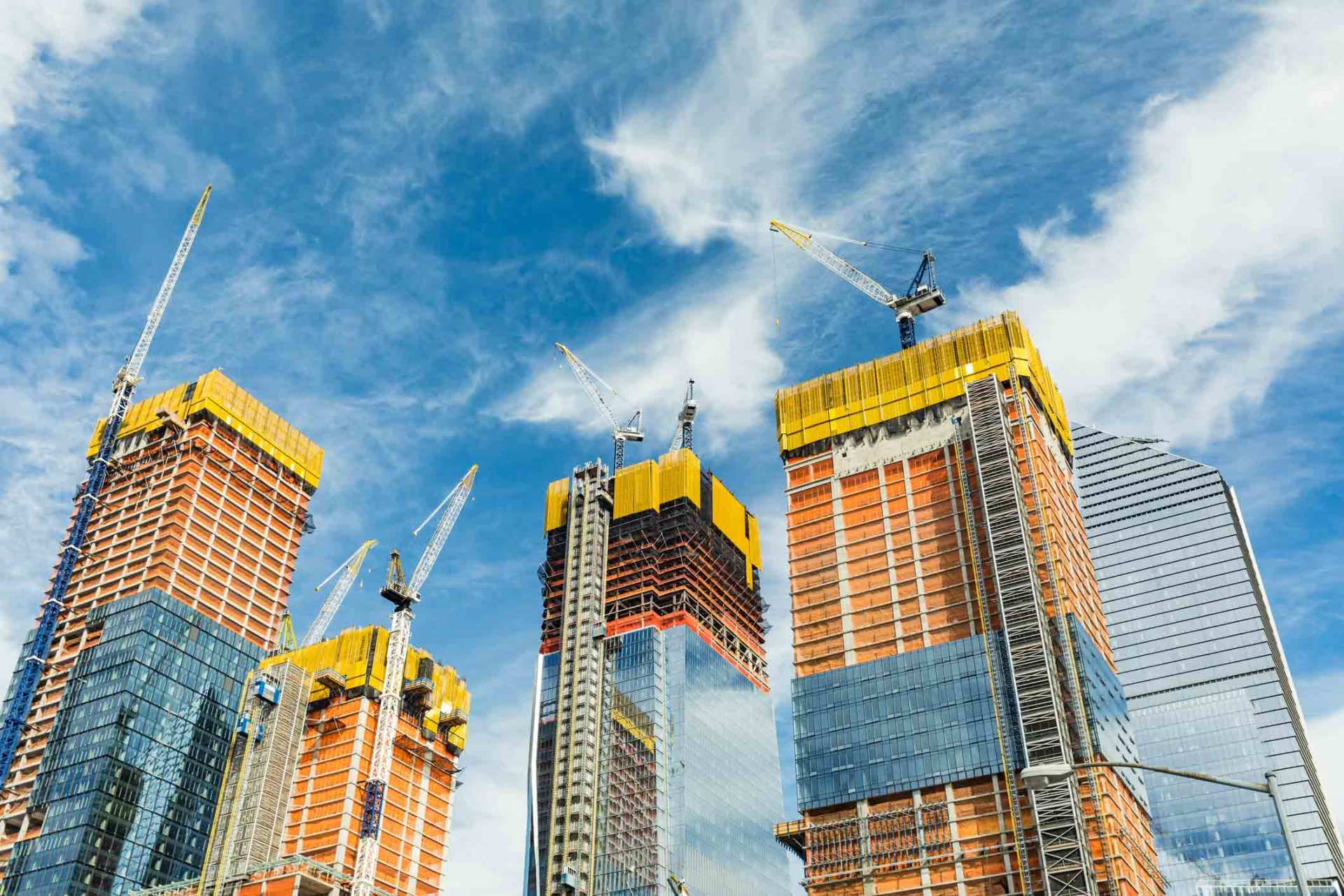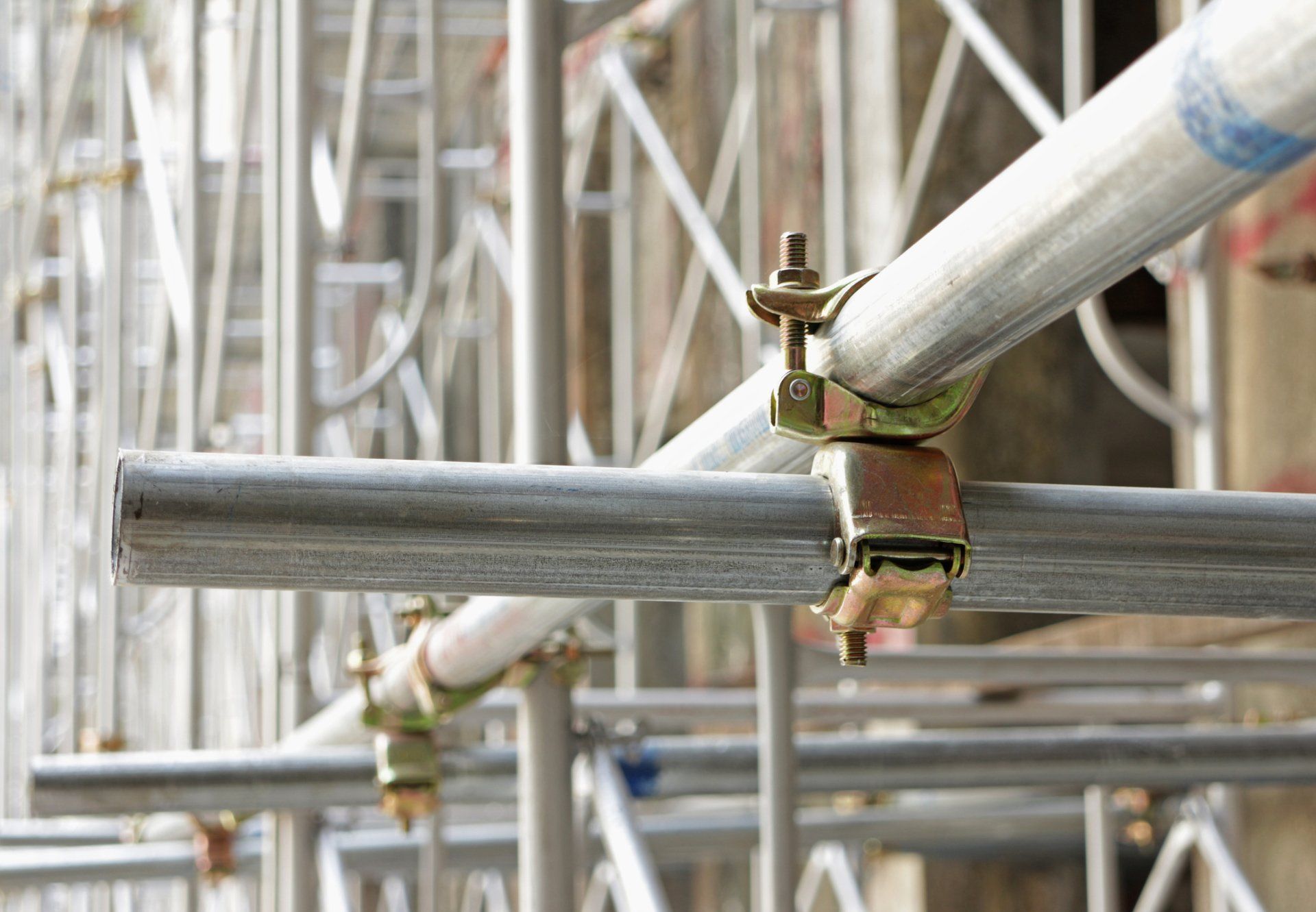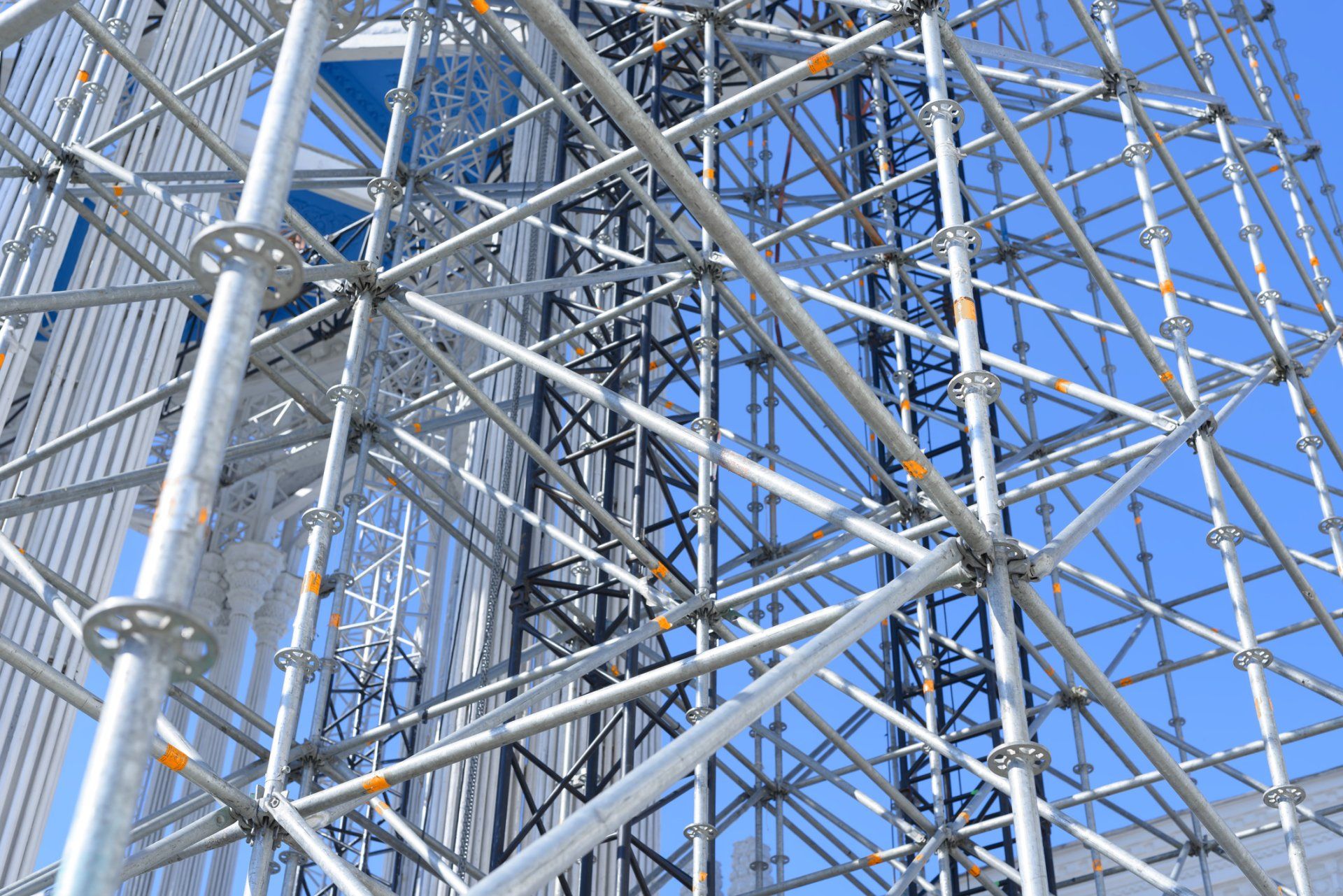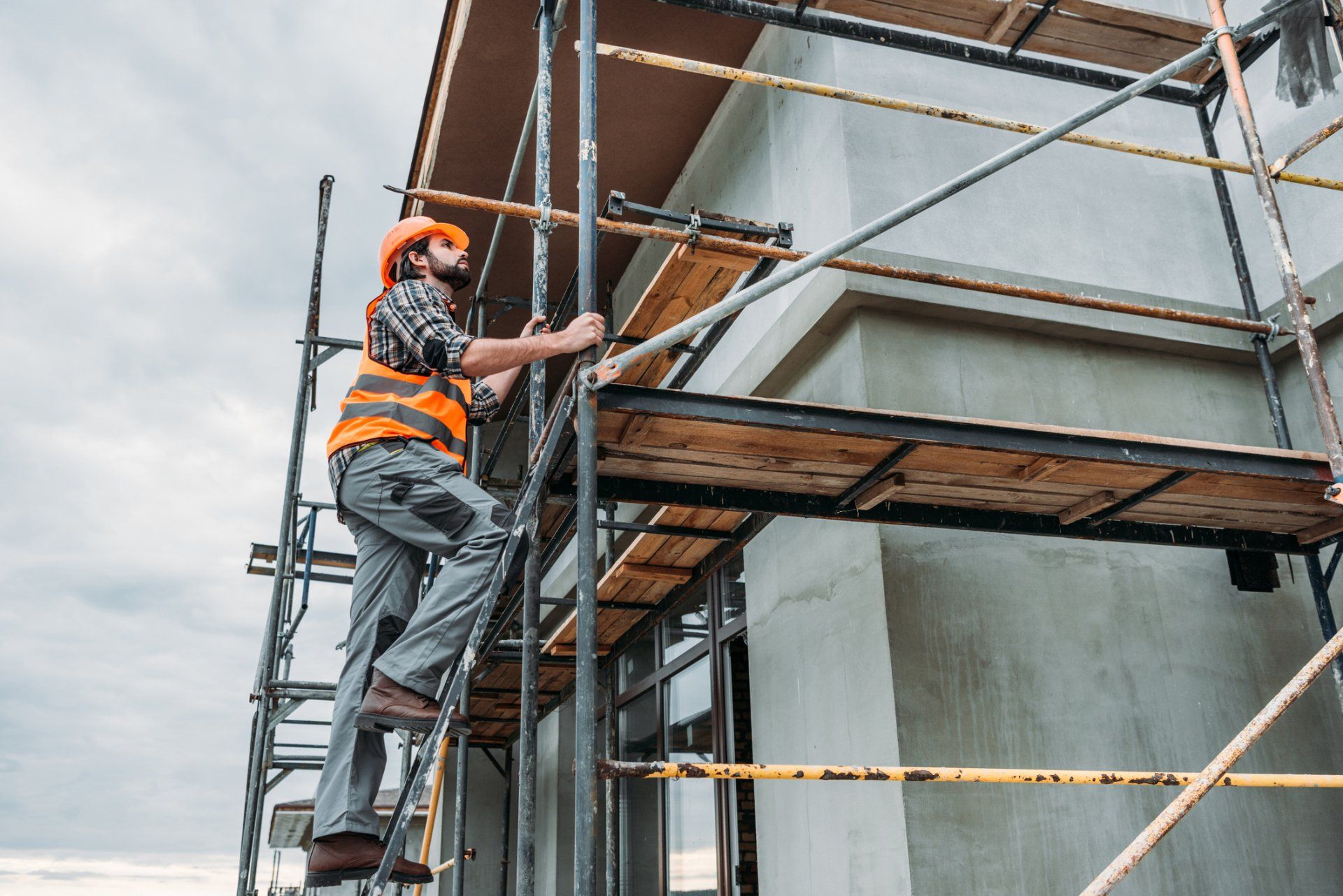Legal Construction Updates for 2021
- By Admin
- •
- 06 Jan, 2021
- •
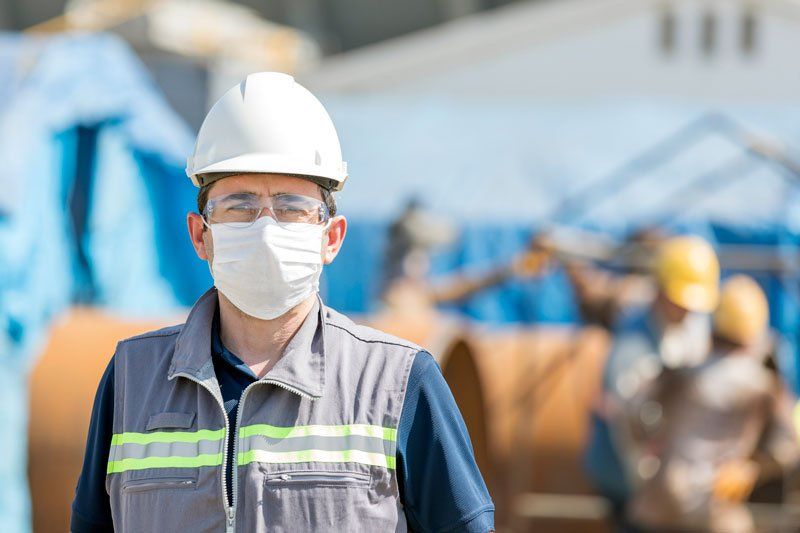
Every year, new laws come about that will likely affect your company, and 2020 is no different. The year has brought about a host of changes you'll need to make to keep your construction business legal in 2021. Look through these relevant adjustments to get an idea of what you need to change within your business to keep it going.
Coronavirus
As you might imagine, many of this year's updates have to do with the virus that has changed everyone's lives. Every area of life has new standards for personal health and safety, and employers can enforce these standards across the company. Take advantage of that authority to protect the contractors you work with and do your best to keep your construction sites healthy.
Regulations in a few critical areas have proven to help prevent the virus from spreading onsite. Avoid cross-contamination in personal protective equipment and respiratory protection by providing each contractor with their own safeguards, and put measures in place to handle the possibility of blood-borne pathogens. Prepare a plan to limit exposure in these areas, and you'll be well on your way to protecting the people under you.
Sick Leave
With the contagious capabilities of the COVID-19 virus, one of the most important ways to keep your employees safe is to allow anyone who contracts the virus enough time to recover before returning to work. To encourage this practice, California placed a law that expanded supplemental paid sick leave for anything related to the disease, especially for any company with more than 500 employees.
Additionally, lawmakers have created a worker's compensation presumption for anyone who contracted the disease after March 19th, 2020. Since stay-at-home orders have been in place during this time, the most likely place to contract the disease is in the workplace, making it eligible for a worker's compensation claim. The disputable presumption will extend until January 1, 2023, unless otherwise updated, so prepare your contractors accordingly.
Licenses
One of the bills that passed this year created a new category of contracting business, a B-2 classification known as residential remodeling contracting. Any worker within this classification can make improvements in, on, or to a wood frame structure that is already standing and is classified as residential. This category allows at least three unrelated building trades or crafts for a single contract.
The redefinitions and categorizations aren't the only items of note, though. Licenses have an extra layer of protection now that allows you to renew after your expiration date. The only conditions are that you turn in the correct application and fees within 90 days of your license's expiration date.
Residentials
PACE requirements and restrictions have undergone some changes this year, which may affect your construction company depending on the projects you usually take on. In any PACE assessment contracts, prepayment penalties are prohibited, and PACE can no longer provide assessments on properties with reverse mortgages. Additionally, PACE assessments must include a financing estimate and disclosure on paper with the homeowner.
If you deal with many retirees, you may be glad to find another law adjustment for customers 65 years old or older. Home solicitation contracts, PACE assessment contracts, seminar sales contracts, service and repair contracts, and home improvement contracts all have an extended deadline to cancel the deal; now, you have five business days instead of three.
Whether you need temporary stairs and pedestrian walkways or frame scaffolds for a large scale project, look no further than Pacific Scaffold Company. With over 50 years of experience providing safe scaffolding and excellent service, you can trust that your latest endeavor is in good hands. Get in touch today to see how we can help your building dreams come true.

